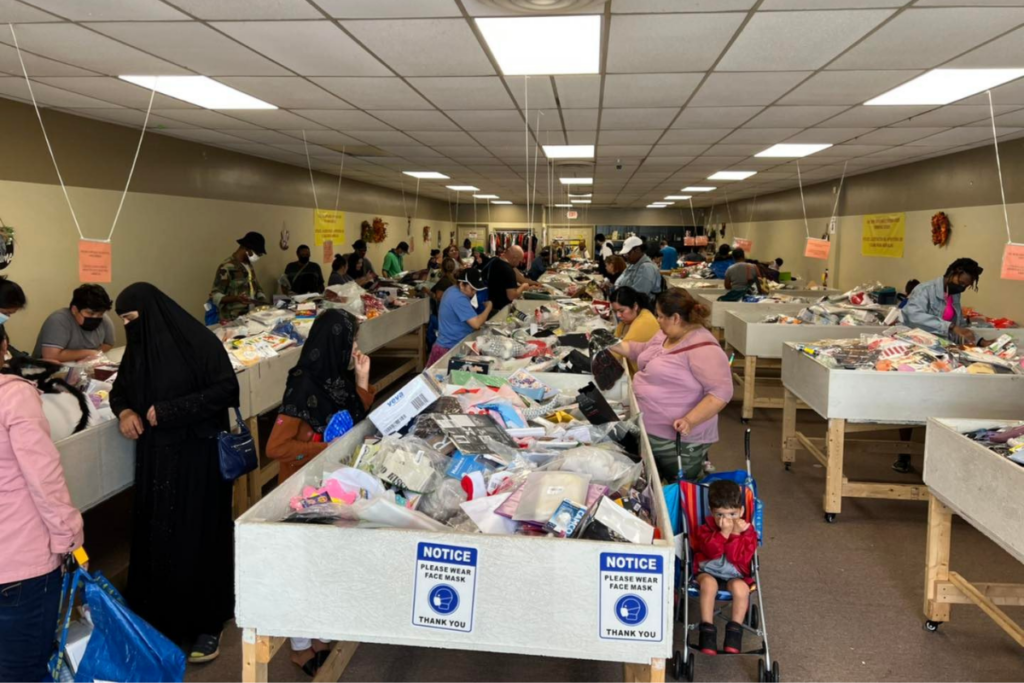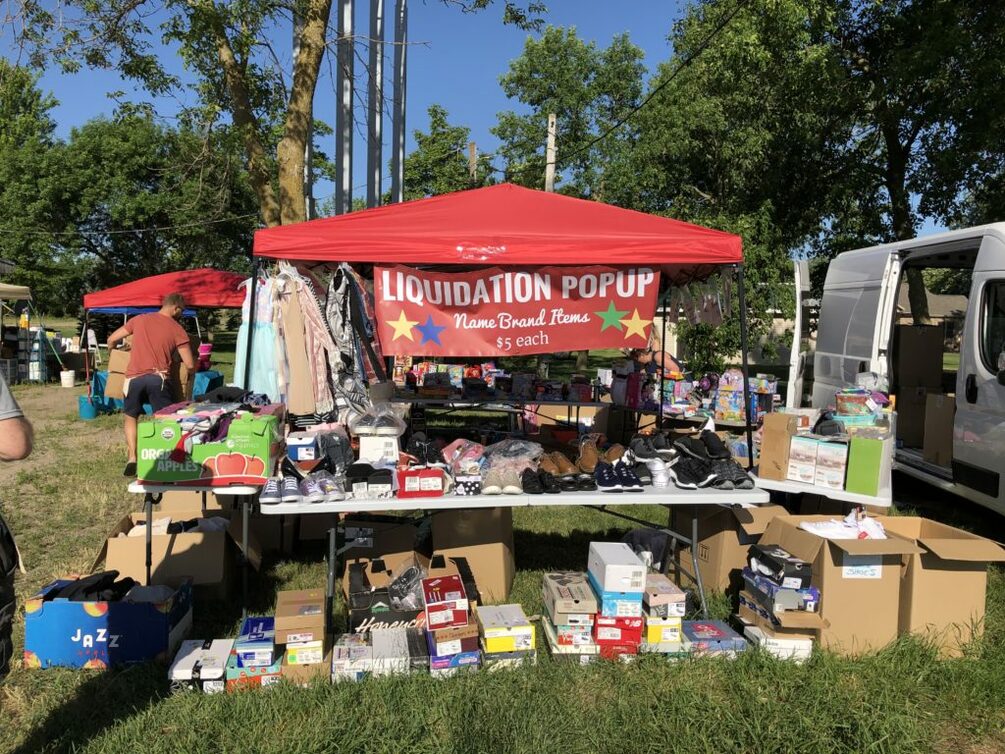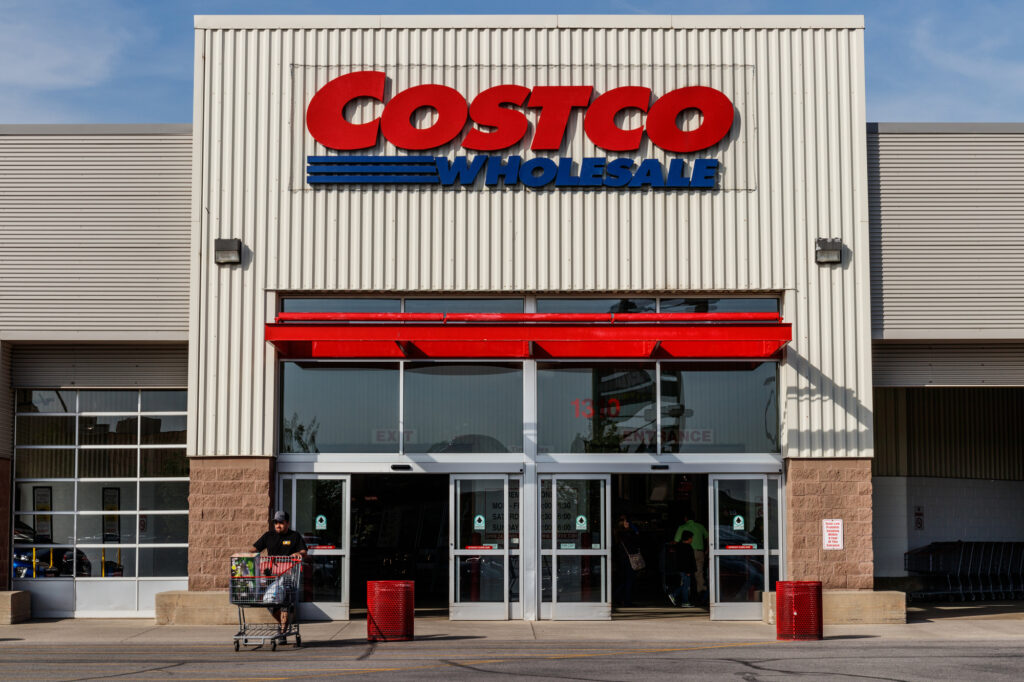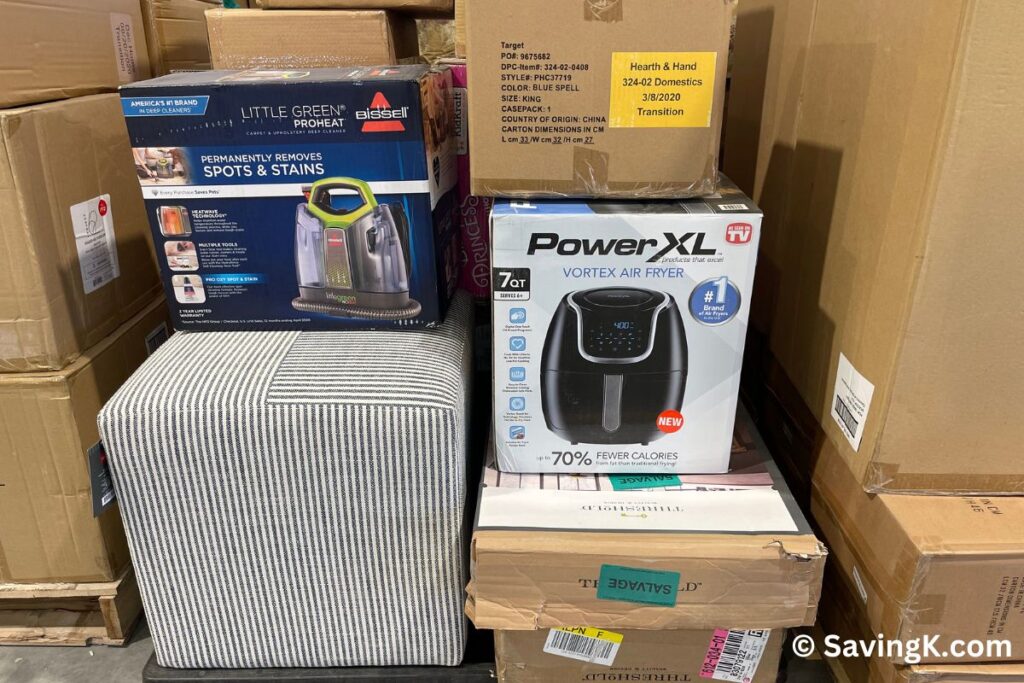
In a world where entrepreneurs are constantly seeking new ways to turn a profit, bin store reselling has emerged as a tantalizing opportunity. But is this trendy business model a golden ticket to success or a potential money pit? Let’s dive into the world of bin stores and uncover the truth about their profitability in 2024.
Contents
Understanding the Bin Store Business Model
Bin stores operate on a simple yet intriguing concept: they purchase liquidation pallets filled with a variety of discounted goods and sell them to customers at rock-bottom prices. The catch? Items are typically sold on a first-come, first-served basis, often creating a frenzy of excitement among bargain hunters.
These stores rely heavily on volume sales to compensate for their low profit margins. The business model thrives on the thrill of the hunt, with customers eagerly lining up on restock days, hoping to snag incredible deals on electronics, toys, kitchenware, and other popular items.
The Profitability Potential of Bin Store Reselling

Pros of Bin Store Reselling
One of the most attractive aspects of bin store reselling is the potential for significant savings on popular items. Customers can often find brand-name products at a fraction of their retail price, making bin stores a treasure trove for savvy shoppers.
The excitement of finding unexpected deals drives customer behavior and loyalty. This unique shopping experience creates a sense of adventure that keeps customers coming back, potentially leading to a steady stream of repeat business for store owners.
Cons and Challenges
However, the bin store market is not without its challenges. As the popularity of this business model has grown, so has the competition. Market saturation is becoming a real concern in many areas, with multiple bin stores vying for the same customer base.
Sourcing quality liquidation pallets has also become increasingly difficult. Many resellers face the issue of “cherry-picking,” where suppliers remove the most valuable items before selling the pallets, leaving bin store owners with less desirable inventory.
Strategies for Maximizing Profits in Bin Store Reselling
To overcome these challenges and boost profitability, successful bin store owners employ various creative strategies. Mystery bags and bundle sales are popular methods to increase perceived value and move inventory quickly. These tactics not only help clear out stock but also add an element of excitement for customers.
Effective inventory management is crucial for maintaining profitability. Ensuring a continuous supply of desirable items while minimizing waste is a delicate balance that requires skill and experience.
Social media marketing has become an essential tool for bin store success. Platforms like Instagram and TikTok allow store owners to showcase new arrivals, promote restock days, and build a loyal following. According to a recent study, bin stores with active social media presences reported up to 30% higher sales compared to those without a strong online presence.
Financial Performance and Metrics
While profit margins in bin store reselling can be slim, the potential for high volume sales can lead to significant revenue. Monthly sales figures vary widely depending on location, inventory quality, and marketing efforts, but successful stores have reported monthly revenues ranging from $20,000 to $100,000.
However, it’s important to consider the operational costs associated with running a bin store. Fuel costs for sourcing and transporting inventory, storefront expenses, and other business-related expenditures can quickly eat into profits. On average, bin store owners report profit margins between 20-40% after accounting for all expenses.
Comparison with Other Reselling Methods
Bin store reselling offers unique advantages compared to other reselling methods like thrifting or online auctions. The ability to purchase inventory in bulk often results in lower per-item costs, potentially leading to higher profit margins.
However, bin stores also face challenges that other reselling methods may not. The need for a physical storefront and the unpredictable nature of liquidation pallets can make bin store reselling riskier than more traditional reselling approaches.
Future Outlook for Bin Store Reselling
The future of bin store reselling remains a topic of debate among industry experts. While some predict continued growth as consumers seek out bargains in an uncertain economy, others warn of potential market saturation and increased competition.
To ensure long-term sustainability, bin store owners are focusing on strategies to reduce burnout and increase sales. This includes diversifying inventory sources, implementing customer loyalty programs, and exploring online sales channels to complement their physical stores.
Conclusion
So, is bin store reselling a profitable venture or a risky gamble? The truth lies somewhere in between. While the potential for profit exists, success in this industry requires careful planning, adaptability, and a keen understanding of market trends.
For those willing to put in the work, bin store reselling can be a lucrative business opportunity. However, prospective entrepreneurs should carefully weigh the pros and cons before diving in. With the right strategies, a bit of luck, and a lot of hustle, bin store reselling could be your ticket to entrepreneurial success in 2024 and beyond.
As with any business venture, thorough research and careful consideration of your local market are essential. By staying informed about industry trends and continuously adapting to customer needs, you can position yourself for success in the exciting world of bin store reselling.




